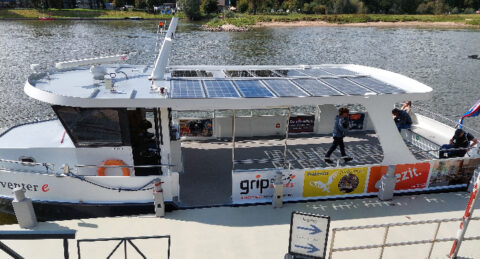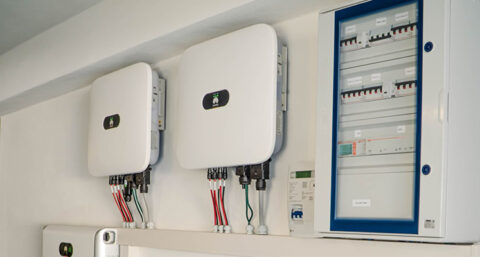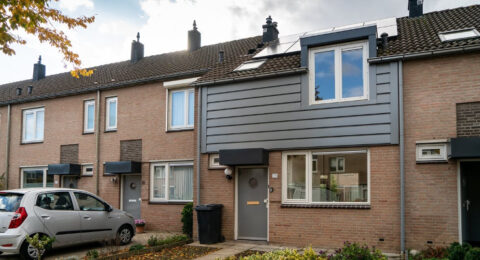Minister Jetten's (Climate and Energy) bill to dismantle the net-metering system is so full of uncertainties that households will give up buying or installing solar panels. So say Aedes, the Consumers Association, Home Owners Association, Association of Dutch Municipalitiesand the Housing Association in a letter to the minister and the Senate. The organizations call on the Senate not to support the bill as it stands during the debate on February 6.
According to the bill, the net-metering scheme for households with solar panels is to be phased out between 2025 and 2031. From then on, consumers will no longer be able to offset the electricity they generate in the summer with electricity they consume in the winter. The organizations see that the enthusiasm among private individuals for solar panels is declining sharply.
'No guarantee'
The minister says solar panels pay for themselves in 7 years, but offers no guarantee for this. Without this guarantee, tenants' willingness to have panels installed decreases and it is too uncertain for buyers to invest in solar panels, the organizations say. In addition, the organizations criticize the dated data that the minister is basing on. For example, he does not take into account that more and more energy suppliers are passing on the costs for net-metering to solar panel owners. And he assumes that solar installations will become cheaper in the future. The organizations consider basing a bill on uncertain assumptions to be risky.
According to advocates, the minister is also far too optimistic about consumers' ability to use electricity when they generate it. Smart devices that can respond to this are hardly there yet and also the home battery is not a realistic solution in the next 15 years, according to studies. The latter is recognized by the minister. And even if these technologies are widely available, many households are unable to make these additional investments.
'Clear rules of the game'
Another uncertainty in the bill, is the feed-in fee. The electricity that consumers generate and do not use themselves can be returned to the grid. For this they receive a fee from the power company. In 2025 and 2026, the proposal states, this must be at least 80 percent of the bare supply tariff. After that, the market will determine the level of the fee, with the Authority Consumer & Market evaluating biennially whether the fee is reasonable. 'The current proliferation of measures that energy suppliers are now taking to the detriment of households with solar panels illustrates what can happen when clear rules of the game are lacking and it is left to the market itself,' said the letter writers. The organizations want a guaranteed long-term minimum payment in the law.
Tenants
The uncertainties are also disastrous for the continued rollout of solar panels on rental properties. Landlords can offer tenants solar panels in exchange for higher service charges. But if the tenant does not see a substantial reduction in energy bills in return, he will drop out. Minister Jetten wants to meet the sector with an investment subsidy of 100 million euros, but that is nowhere near enough to provide 1.2 million homes with installations, according to the interest groups. The potential of rental roofs to contribute to sustainability will then remain largely unused.
'Alternatives'
The interest groups are not against the abolition of the balancing scheme an sich. But, they argue, phasing out the scheme can only be considered if the alternative gives sufficient certainty and confidence to tenants and homeowners with small wallets. This is something they are happy to discuss with the minister.











